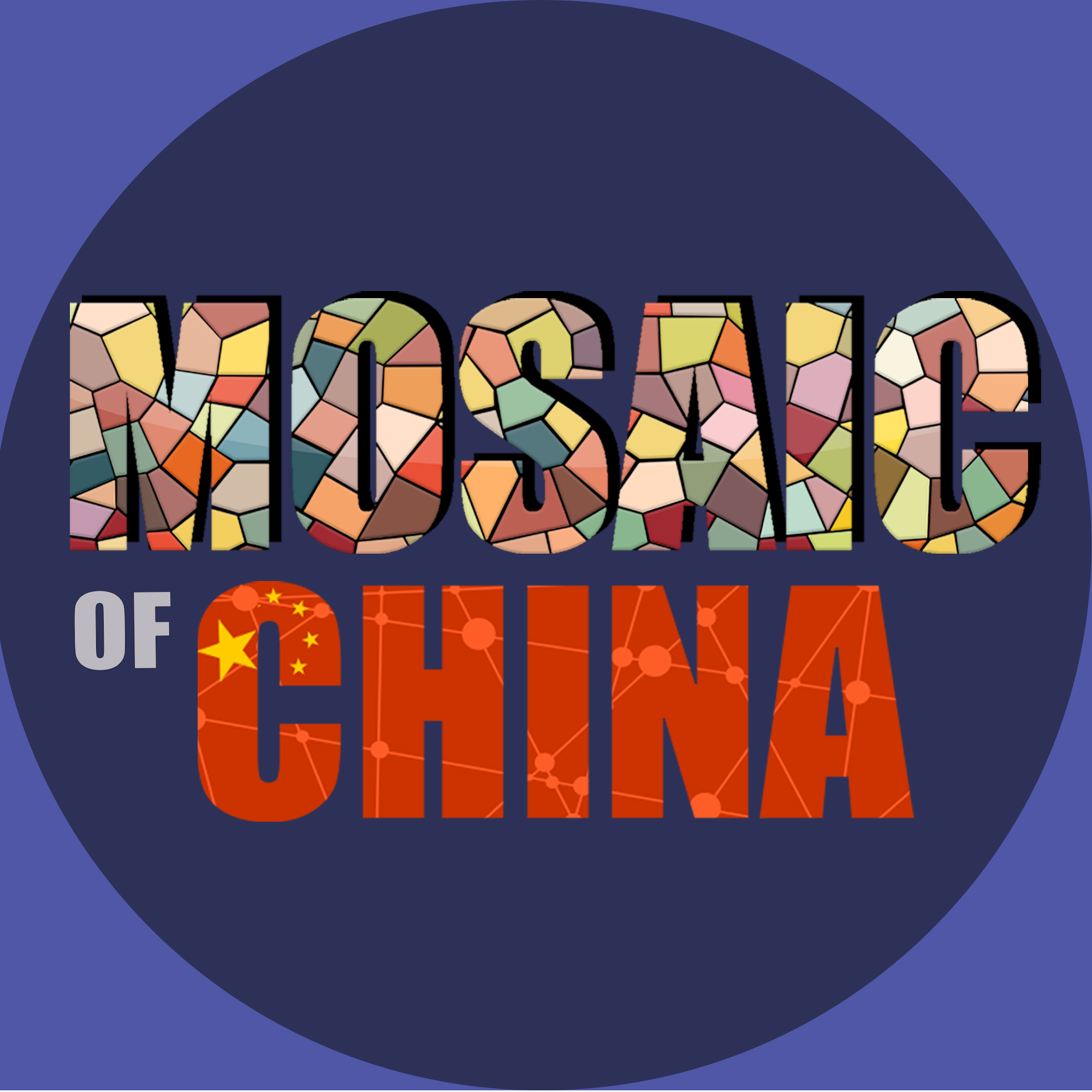Season 01 Episode 13
Episode 13: The Prolific Playwright
Nick YU - Artistic Director, Shanghai Dramatic Arts Centre
Original Date of Release: 12 Nov 2019.
This week’s guest is the award-winning Chinese playwright Nick Yu, 喻荣军, who juggles his work as a writer alongside his role as Creative Director of the Shanghai Dramatic Arts Centre. In our conversation, we cover Nick’s two contrasting identities: the sophisticated denizen of the Shanghai arts scene, and the son of a village teacher from the heart of the Chinese countryside.
Nick is no stranger to controversy, and is famous in the Chinese theatre scene for pushing the limits of what can be put on the stage. So we also discuss his creative process, and the way in which he nurtures his imagination without overstepping the boundaries of the China cultural policy. So this episode should be a must-listen for any creators or artists in china who are struggling with temptation of self-censorship.
You can also listen to catch-ups with Nick at the end of the interviews with ZHANG Yuan from Season 02 Episode 07 and ZHOU Yan from Season 03 Episode 22.
To Join the Conversation and Follow The Graphics…
View the Facebook Album for this episode. Alternatively, follow Mosaic of China on WeChat.
To view the images below on a mobile device, rotate to landscape orientation to see the full image descriptions.
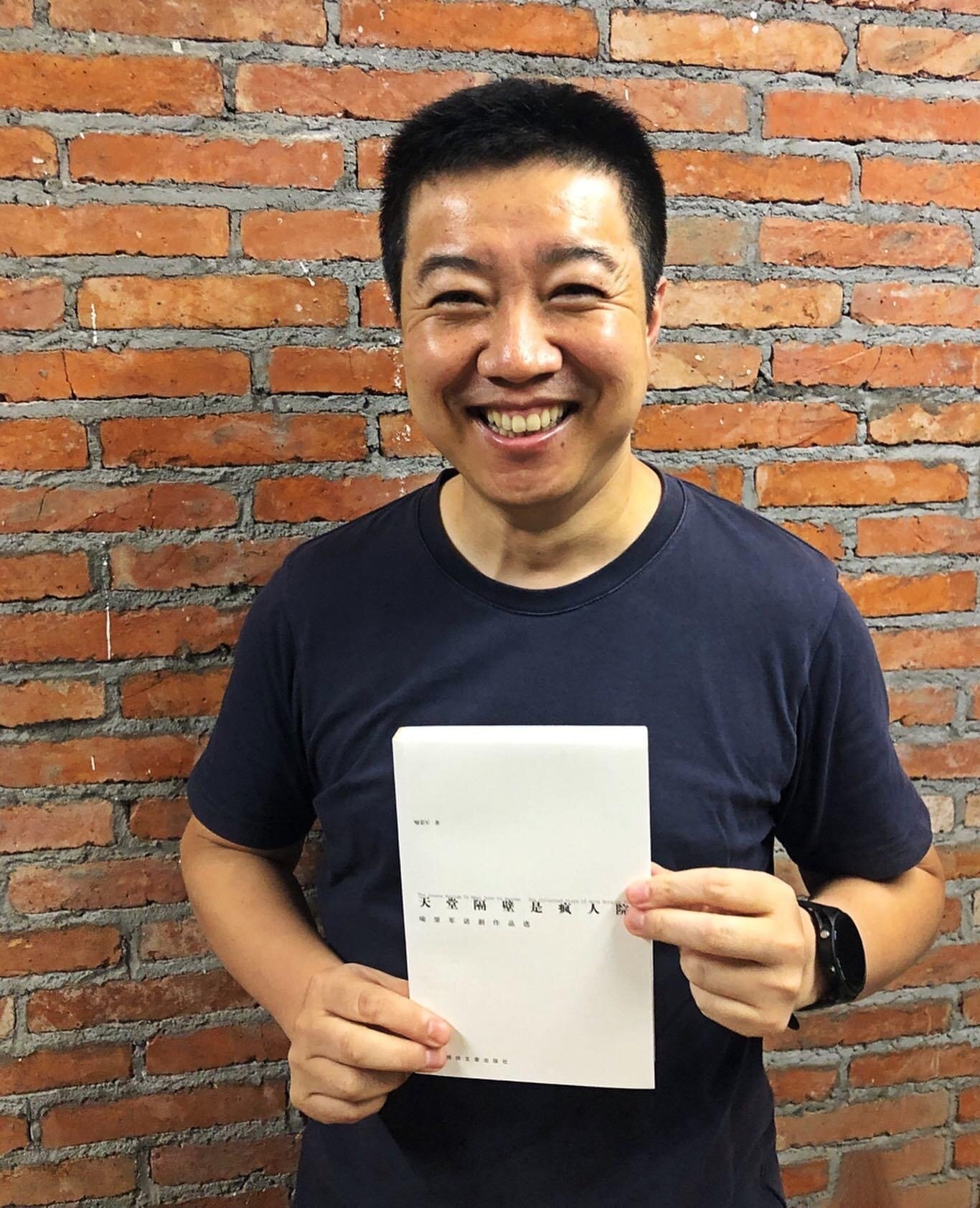
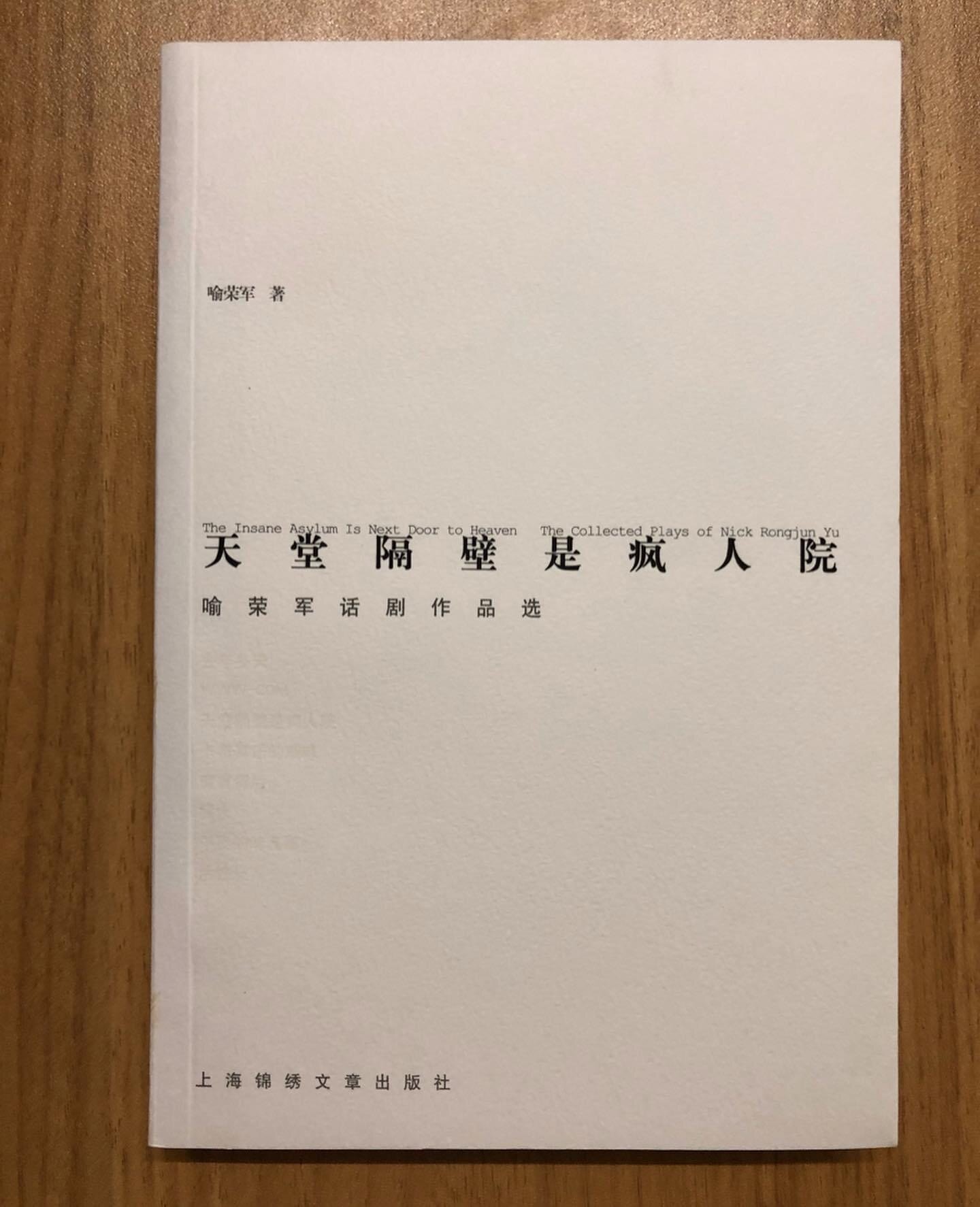
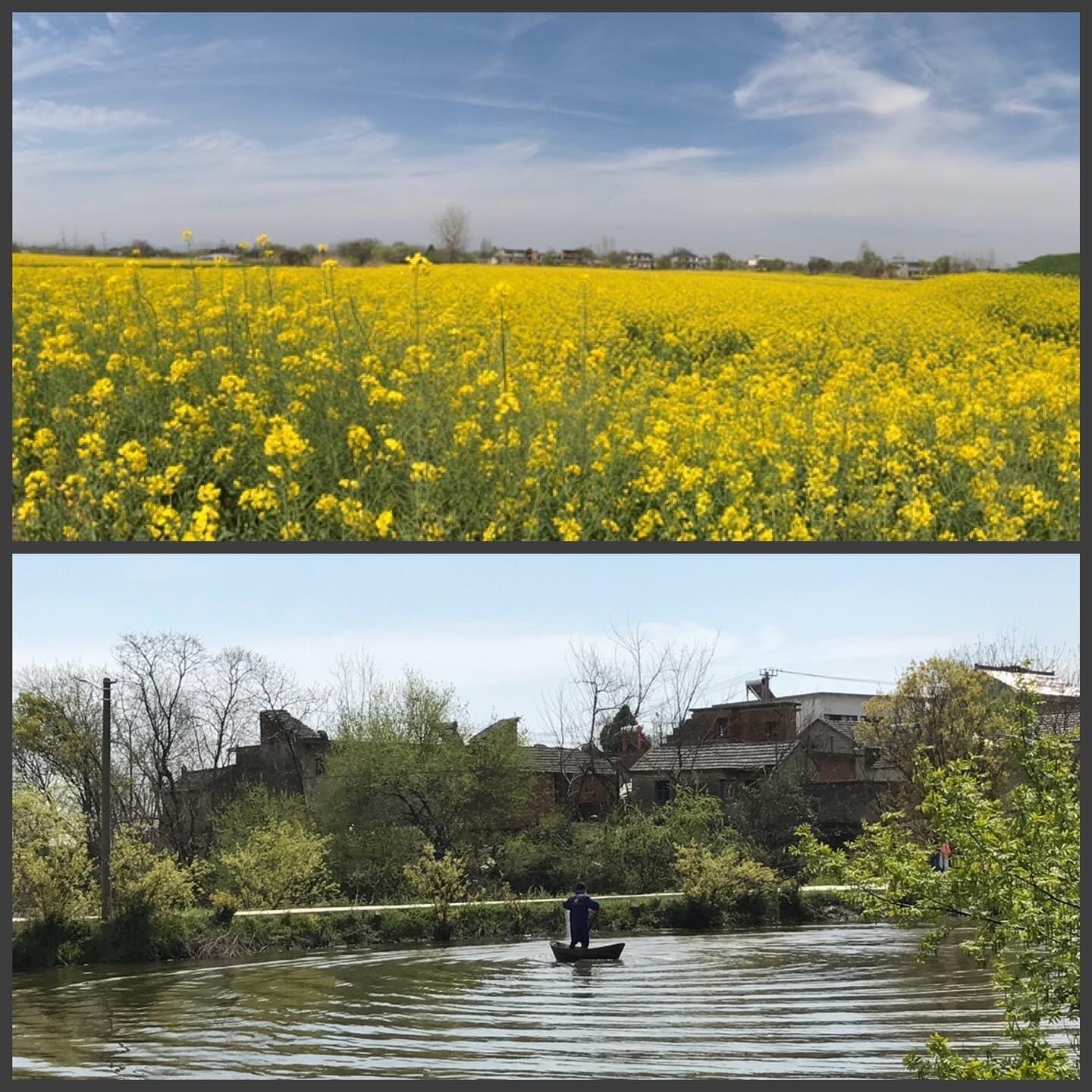





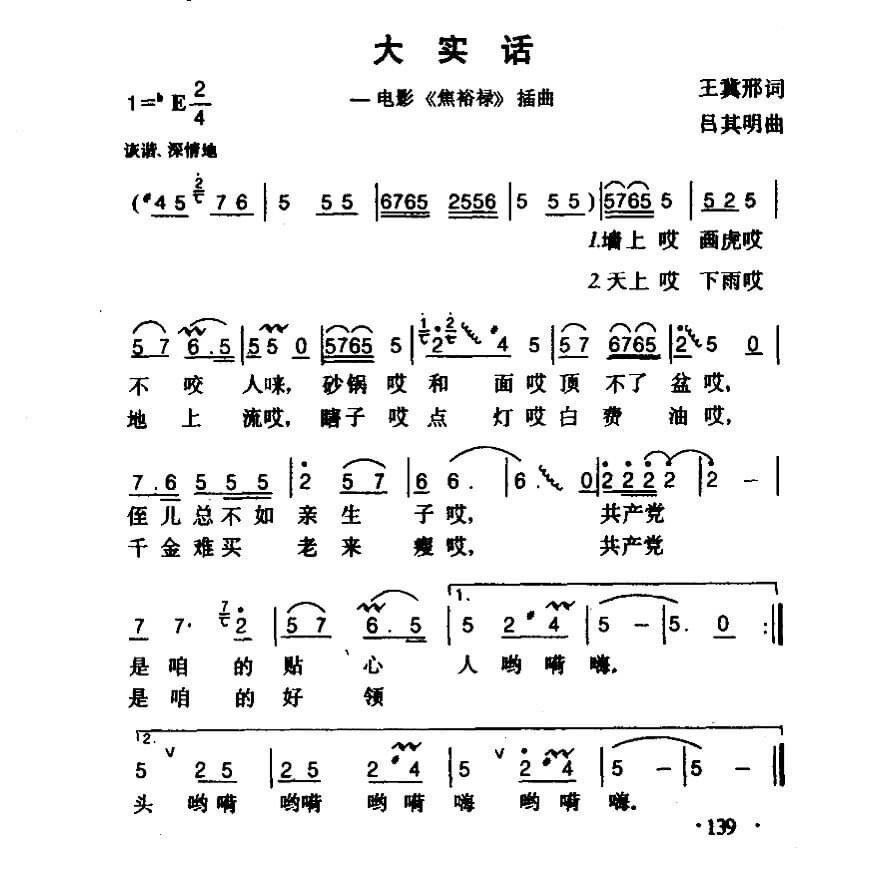

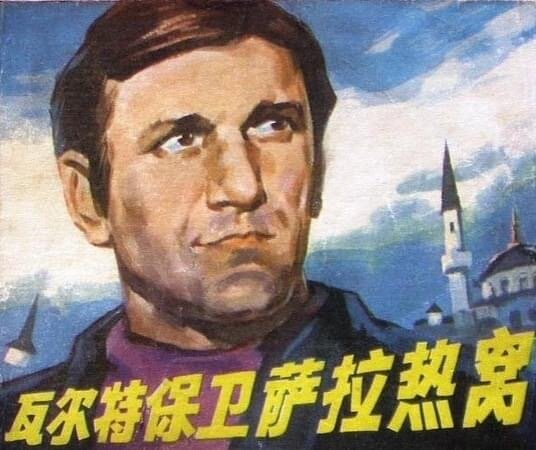
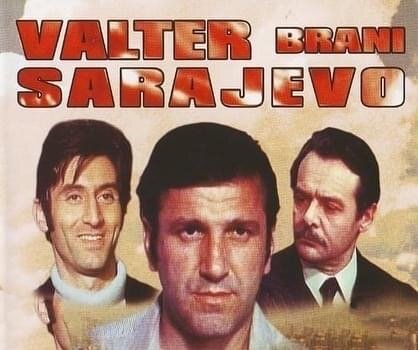
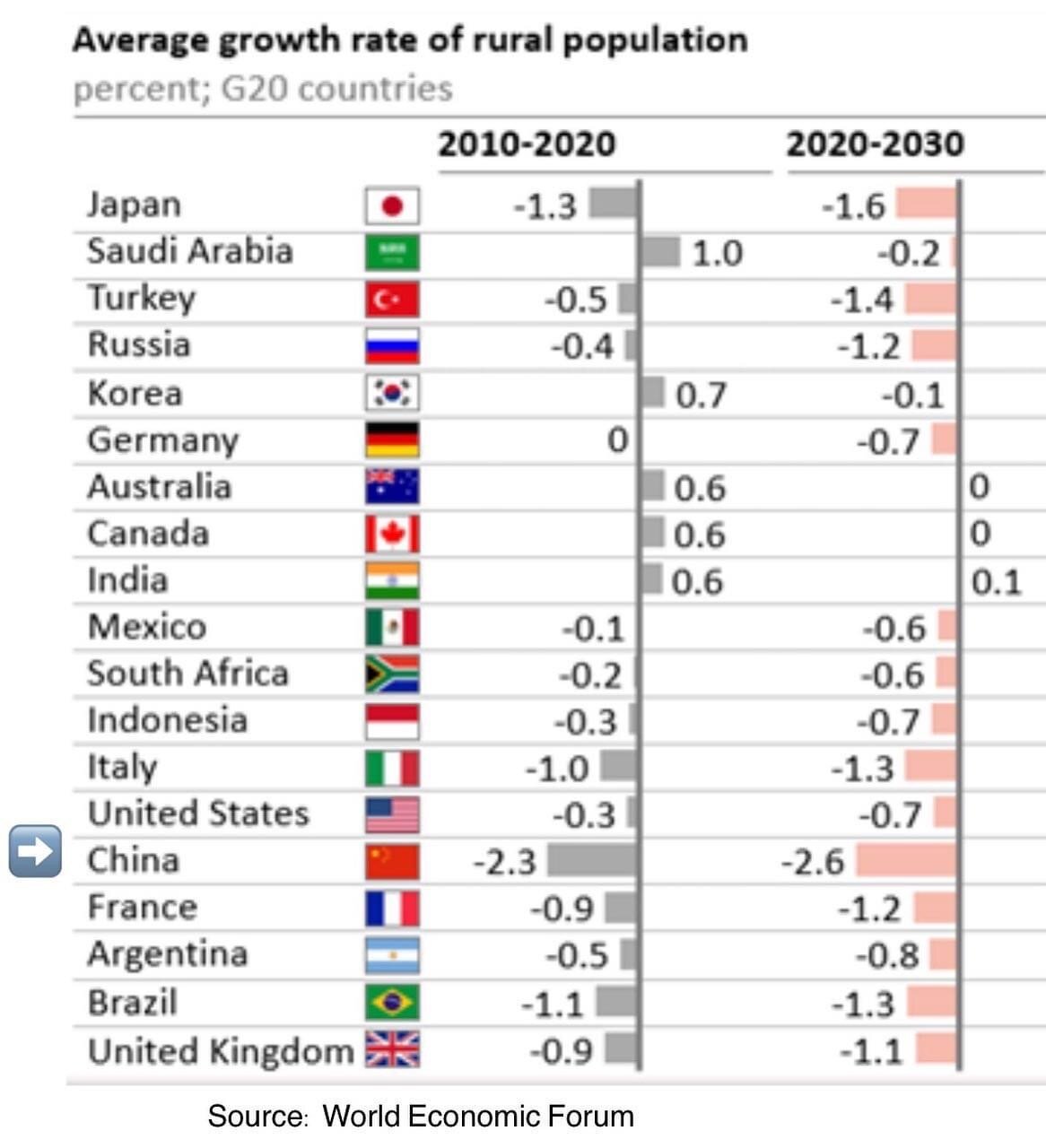
To Listen Here…
Click the ▷ button below:
To Listen/Subscribe Elsewhere…
1) Click the link to this episode on one of these well-known platforms:
2) Or on one of these China-based platforms:
To Read The Transcript…
[Trailer]
NY: I can speak the Shanghai local language.
OF: Right.
NY: But it’s just the Shanghai people, they don't understand. That’s not my fault, it’s their fault.
[Intro]
OF: Welcome to Mosaic of China, a podcast about people who are making their mark in China. I'm your host Oscar Fuchs.
Well, there was a lot of feedback after last week's episode with Yael, who spoke about her very personal connection to the story of the Jewish refugees in Shanghai. It was actually the first time I was stopped in the street in Shanghai by someone who said that they enjoyed the episode, so thanks again to Yael. I do have one correction, in the intro to the episode I misspoke when I said that LinkedIn is the one uncensored social media platform in China. What I should have said is, it's the one social media platform where China and the outside world do easily coexist, which is already more than the other platforms like Facebook and Twitter. But I was reminded that some media that's posted on there is, in fact, still censored. So I shouldn't have used that particular word when describing it.
What this word does do is link in very nicely with today's conversation, which is with the Chinese playwright, Nick Yu. That's the name he goes by in English, Chinese listeners will know him as 喻荣军 [Yù Róngjūn]. Nick has won multiple awards, he's also a director at the Shanghai Dramatic Arts Centre, and is someone who has courted some controversy with his work - you’ll hear him talk about one particular story about a hero who becomes a fascist - but he publishes his work in a way that very much sticks within the boundaries of the China Culture Policy. So for any creators, or artists out there who are struggling with the temptation of self censorship, I really hope that you can be inspired by how Nick addresses this issue.
I was first introduced to Nick by a mutual friend, Dave Bennett, so a big thanks to Dave, who is genuinely one of the most kind, and generous people I know. Makes me sick. And a final note, Nick is someone who is very well known, he’s done a lot of interviews in the past, so I really tried to approach our conversation from a new angle. So I hope that people who know about him will enjoy this recording, as well as people who are learning about him for the first time.
[Part 1]
OF: So thank you very much for coming, Nick.
NY: Thank you.
OF: Nick, your full name is 喻荣军 [Yù Róngjūn]. I tried to say your name, but I will not say that again in this interview, we’ll just stick to Nick.
NY: Yeah.
OF: So thanks very much for coming, the first question I ask everyone is, what object did you bring that in some way shows what you do here in China. So what did you bring?
NY: I brought a book. So that has eight of my plays inside. That, for me, is really important. I have lots of plays published - by magazines, by publishing houses - but this book is the first time. So I really think seriously for that thing. So I chose eight plays from almost 20 plays at that time.
OF: How many plays have you written now?
NY: About… more than 70 plays.
OF: Oh, wow.
NY: Yeah, I really enjoy writing. I write so many play scripts, also so fast. Because I have two different jobs. Most of my job is in managing the theatre. So that is a really busy and crazy job. But in the middle of the night, in the time I can control, I start to write plays. But because I have not too much time to write plays, I must write them very quickly. Sometimes I write a play in just four nights, I must finish it.
OF: Does that include, also, the editing? Like, do you then go back and rewrite? Or is it pretty much finished once you've written it once?
NY: Most of my plays, once and it will be finished. But when the play is in rehearsal, and I talk with the team, with the director, most plays will be polished more than 10 times. When other people - the director, and other artists, the actors - they give me advice, I can polish my play. That is… For me, I think that is really good for me.
OF: Because you can actually use those people around you to workshop things. You're not just sitting in your cupboard by yourself.
NY: Yeah. I say compared to many playwrights, I'm a really lucky guy. I work in the theatre, I know the actors. For our theatre we have more than 170 actors. And each year we do more than 60 plays. So I have the resource. I love this theatre. So we are the only National Theatre in Shanghai. We were founded in Shanghai, we service the Shanghai audience. We have the local audience, and also have audiences from around Shanghai, sometimes international.
OF: It's very handy for me, because I actually live on the same road as your theatre.
NY: This is a really good road in Shanghai.
OF: Yes.
NY: You know, in 1995, the first time I arrived in this road, it was so quiet. Not so many things happening. But because of our theatre in this road, we bring a lot of young people here, since the 2000s. So now lots of people come here.
OF: That's right. So what came first, then? So were you first a playwright or were you first in the theatre?
NY: I was born in a small village in 安徽 [Ānhuī]. That’s a very small village, we only have eight families in this village.
OF: Eight?
NY: Yeah, really small. But when I was young, my father always brought me to watch the traditional Chinese opera, the local opera, 庐剧 [Lújù]. I think because of that, I felt interested in the stage. But when I went to university in Shanghai, my original training was in rehabilitation. I should have been a doctor in the hospital. And I never had a chance to go to the theatre again. Just in the third year in the university, my classmates bought some tickets, and they give me free tickets. So I had the chance to go to the theatre, that was the first time to go to the theatre. And this first play was Othello. But when I watched the play, I was always watching the audience more than watching the actors on the stage. I was thinking “Why does the audience feel so interested on the stage?” I think the audience is the first thing to attract me, and then the stage. But when I graduated from school, I found a job in a hospital in Guangzhou. I really liked the work in the hospital, but it's too difficult for me in Guangzhou because I cannot speak Cantonese. So I thought, because I went to watch the play one year before, "Why not go find a job in the theatre?” So I went to the theatre, to talk with the artistic director, and he really was surprised: “You can be a doctor, but you quit your job and came to the theatre? Why?” I told him “I like theatre”.
OF: What was that job?
NY: That job is Publicity Manager. Because I worked for publicity, I had the chance to know why the theatre chose this play; why the Artistic Directer chose this Director; and when the play was put on a stage, how the audience liked or didn’t like it; and after the play, how the experts thought about it; and after some time passed, whether people still remember it. The whole process, I have experience with that. I think this was really important for me to be a playwright. At that time, when I worked in the theatre for one year, I watched almost all the plays in Shanghai that year. But after I watched all of these plays, I thought maybe I can write one. So yeah, I didn't think they would be put on the stage, I just wrote.
OF: interesting. And so this was when you first started in the theatre, your family back in 安徽 [Ānhuī] then, what did they think about this?
NY: So when I called my father, I told him “I don't want to be a doctor, I want to work in the theatre”. He said “You are a crazy guy”, but they support my decision at last. And now they really care about me.
OF: So when did your play start being discovered by other people?
NY: In the 1990s in fact, in China, the performing arts really went down. In our theatre each year we would produce about four or five plays.
OF: That's not very many in a year, right?
NY: Yeah, yeah. Also we have didn't have an audience. So in the 2000s, the artistic director, they wanted to find new plays, and I said “I have three plays. If you want to put on the stage, you can try”. So for our theatre at that time, we chose one of my plays, ‘The Last Winter’, and chose the director, he just graduated from the Shanghai Theatre Academy; and the set designer, and this was his first time to be a designer. Also the actor just graduated. So all were new people, but that play was really successful. And they said “Do you have another play?”, so I say “I don’t, but I can write one”. I had two plays I didn't want to give them, I thought maybe they wouldn’t like them. So I wrote a play, ‘www.com'. This plays was another hit.
OF: Did you always secretly have the confidence that you could do it? Or was it really a surprise for you, as well?
NY: At the beginning it really surprised me, you know, when I wrote the plays, I didn't think people would put them on a stage.
OF: And when you say you were able to understand what the audience wanted, what actually was that?
NY: All the subjects I wrote were about young people. Because I know the audience, they're really young, I want to attract them.
OF: Have you always focused on young people as your key audience? Or has it been different?
NY: Because I don't want to repeat myself, always again. So sometime, I will lead the audience somewhere. Sometime I work with audience together. Sometimes I want to make the audience angry, I wanted to fight with them. I want to explore how far I can go, and where I can go.
OF: What's a good example of that?
NY: In 2015, I wanted to adapt a film, ‘Walter Defends Sarajevo’. That was a really popular film in China, in the 1970s. So when they went to the theatre, they brings something, you know, they wanted to feel excited again. But the times had already changed, I thought the hero could become a fascist on the stage. So that was a big problem for the audience. They want to go watch a hero, they don’t want to watch a fascist on the stage. So I changed the whole story.
OF: Right.
NY: When we did that, the audience really hated it. They didn't like it. We had a full house at the Premier. But some of the audience was really angry, they stood up and went away. And the next morning, in the newspaper there was a big critical article. They gave me a conference, something like…
OF: Oh, like a hearing.
NY: Yeah, they held a meeting about the play.
OF: Right.
NY: So they invited me. I'm the only guy sitting on one side, and they’re all sitting on the other side.
OF: Right.
NY: They were really angry. But thee were two people that really supported me, they liked it very very much. For me, I think that is the theatre. I don't want to make the audience happy. I want to make the audience think. This is what I do. But when I attended the meeting, they were really angry, but they they cared about me. They loved me, but they were angry. I understand.
OF: It's interesting, because it's rare to find someone who actively wants to antagonise people. And you know, maybe you'll lose some fans. But you didn't mind about that, you didn't mind losing popularity?
NY: Yeah. I care about my play attracting what kind of audience. Some audience, they want to think. I think this audience, I really want to attract them.
OF: And has it ever gone too far, then? Have you ever put on a play which, in the end, they threatened to close completely?
NY: No, but in 2015, in one year I had three plays. One play’s name is ‘The Crowd’. This play is from the group angle to talk about the past 40 years in China. What happened, since the Cultural Revolution, since China tried to open the country. So this play is already translated into eight languages. Another play’s name is ‘How Could You Slap a Girl?’
OF: Oh ‘Slap a Girl’
NY: Yeah.
OF: Oh, right.
NY: And this play also is a challenge for the audience. We had a stage reading in the UK. But in China, we also did a workshop about that. But we don't put it on the stage.
OF: Is that how you're able to maintain your freedom. You can write whatever you want, and you can put it on the stage in other countries. And even in China, you can't put it on stage, but at least you have a workshop. Is that how you do it?
NY: Because in China, we have the Culture Policy. All the plays on the stage in China, you must get the licence from the government so you can sell tickets. But because of our theatre, we have our own audience, so I can do the workshop with them. We invited the audience to be together, we talked about it. That is not a large audience, so we can do it by ourselves. Films and TV, because they have a large audience, that would be really serious. But for the theatre, we have more space.
OF: I mean, I guess you just write what you want to write. And I guess the question for you is, do you put it on the stage or not. But you still write whatever you want.
NY: Yeah. Most of the artists - from young to old, from different generations - the first thing they care about is what kind of thing they cannot write. Because they want to be safe. They don't want to take the risk. But when I talk with them, I think this is a real bad thing. Because if you are an artist, you should do what you want to do. So, the second thing is the operation. Because every every country has a law. If you want it to change, you need to change the law. You cannot say “I cannot write this, I cannot write that”. You would not write anything. But if you say “I can write it. I want to take the risk. I want to explore myself. Even though I don't know where I would go, but I still want to do it.” And then, for the second part, that is another thing.
OF: And what themes do you think that you'll be touching on in your next pieces? Like, do you have anything in mind right now?
NY: I have many things I want to write. In my computer, I have many plays. Some just has the beginning, some just have the idea. I don’t know, but maybe more than 50 right now.
OF: Oh man, I only really write little articles. But even with a little article, I can have a block. So when I see someone like you who can have 50 plays, all on the go at the same time… Yeah, I'm jealous. I'm jealous of your ability just to keep on producing.
NY: I don't know, because maybe different people have different habits. Maybe some people, when they write they become so serious. I have… One of my friends, he is also a playwright, he writes Chinese traditional opera, he must be alone; and close the door; and also after taking a shower, maybe that will be much better; and then he starts to write. I think “Oh my God”, for me, I can write anywhere. In fact, my last play, I wrote on a plane. You know, people will service you, give you food, you can sleep, you do what you want to do, I think that’s really good for me to write a play. So I wrote the play.
OF: Oh, next time I'm on my third gin tonic on a long flight, I’ll think of you, and think “Oh, I could be so much more productive”. Thank you so much, Nick. Really enjoyed that. And let's move on to Part 2.
NY: OK.
[Part 2]
OF: OK so Part 2, it's the same 10 questions I asked every guest. So, Question Number 1, what is your favourite China-related fact? Could be about history, about your hometown, anything.
NY: I think that is the traditional management in the village. I think that is a sad thing, all these kind of the systems are broken now. In China, in history, the official manager from the Emperor, the lowest one will be in the County. But in the village, they would be managed by themselves. That is by the traditional culture, not really involved with the officials. So I think that's something like a dream before. That is really good.
OF: Right.
NY: I can give you an example. My father is a teacher in the county, in the village. But before, he didn’t have a salary. So who will pay him? The village would give him a field.
OF: A field?
NY: Yeah. And this field would be free for him. And all the people in the village don’t pay a salary to him, but this field, you can plant, and when you have gain, you can get the food.
OF: So actually then, they would farm the field, and whatever they made in that field, they would give to your father.
NY: Yeah.
OF: Right.
NY: And all the people from all the different villages, they will work on the field. My father is not a farmer. And they will give that to my father as the salary. So that is their culture. So you are a teacher, you work, you teach their children, and all day they will work for you, and take care of the field.
OF: Do you have a favourite word or phrase in Chinese? So maybe it's a phrase that's very hard to translate into English, or maybe it's a new internet phrase that has recently become popular. What would you say is your favourite one of those?
NY: I know a lot of words that would be really difficult. One is Shanghainese. That word is 作 [zuò].
OF: 作 [Zuò].
NY: Do you know this word?
OF: No. No, what is it?
NY: 作 [zuò] is something like 工作的’作’ [gōngzuò de ‘zuò’].
OF: Oh 工作的’作’ [gōngzuò de ‘zuò’], yeah.
NY: But always to talk about girls. For example, when a girl has a boyfriend, and she would do so many things to make the boyfriend crazy, but still love her and still want to get her. There is only one word in Shanghai, that is 作 [zuò]. Only Shanghai girls have this 作 [zuò]. You know, when I put this 作 [zuò] in ‘www.com’, the play… The girl from Shanghai, I said she's a 作 [zuò]. But we when we did this play, we translated it for many different languages, nobody knew how to translate it. Until now. I don't know.
OF: I love it. OK, that's the perfect answer. And now I'm going to ask people in Shanghai, and they can tell me how they would translate that.
NY: Maybe.
OF: Maybe it's like, a tease or…? Yeah, I can't translate it either.
NY: Maybe. But I don't know.
OF: What is your favourite destination within China?
NY: Home. When I am in Shanghai right now, I always miss home. That is in the village, we have a small house there. That's still there. We say that is… I don't know how to say it in English, that is home sick?
OF: Yes, yes.
NY: But you know in fact, in China, the villages changed so much.
OF: Right.
NY: The people start in the village, but they always go to the big city. Ten years ago, I did research that said in China, every day, about 80 to 90 villages disappear. There are lots of villages, nobody lives there, they’re empty.
OF: But this is probably a global trend as well, because I think I've heard the same thing about Japan, I've heard the same thing about the UK, just the depopulation of the countryside.
NY: But in the UK, they spent almost 200 or 300 years to have this process. In China, we only have 20 years.
OF: Yeah.
NY: Or 10 years. So that’s quickly.
OF: Yeah.
NY: So we destroyed so many things. We’re too fast. So that is the problem.
OF: Well, when you say that, I can really… I can feel that your heart is in that village in 安徽 [Ānhuī]. And on the subject of 安徽 [Ānhuī], like, can you tell me something in the dialect that you speak? Like, what’s just an easy sentence?
NY: [Speaks in dialect].
OF: What?
NY: It means ‘Today, tomorrow, the day after tomorrow’.
OF: Really?
NY: Yeah.
OF: That's that sounds nothing like Mandarin.
NY: But you know, before I went to Shanghai, I thought the 安徽 [Ānhuī] local language is Mandarin. But when I went to Shanghai I was all “Oh my God, it’s really different”. I can speak the Shanghai local language.
OF: Right.
NY: But it’s just the Shanghai people, they don't understand. That’s not my fault, it’s their fault.
OF: If you left China, what would you miss the most? And what would you miss the least?
NY: The food from my home, 安徽 [Ānhuī]. I don't want to say that, but that’s true.
OF: But OK, let me ask you then, what is specifically the 安徽 [Ānhuī] cuisine that you would miss?
NY: The ‘bad smell fish’.
OF: Oh, God.
NY: Yeah, that’s my cuisine, I love it.
OF: Oh, God, I can’t. I can’t. I can't. I can't do the stinky tofu, and the stinky fish sounds even worse.
NY: It’s really good.
OF: And what about the other way? Like if you… What would you miss the least about leaving China?
NY: Shanghai food.
OF: Ah right. It's too sweet, right?
NY: Yeah.
OF: OK next question. Is there anything that still surprises you about life in China?
NY: In fact, I have so many things, for the new things happening in China. Like the high speed way, the trains. Also, like the internet… So when you have the mobile phone, you have the wifi everywhere. In China, in the village it’s the same as in Shanghai.
OF: Yeah. What is your favourite place to go out? Let's say in Shanghai. Like, do you have a favourite restaurant or a favourite bar, or just a place to hang out?
NY: If you say in Shanghai a place you love, it’s our theatre. I’m really crazy for my job. Since 1995, I stayed in this road, and every night I’m almost the last guy to leave this building.
OF: What is the best or worst purchase you have made recently?
NY: I think that is one T-shirt. I think… I forget… That is almost 10 years ago, in Hong Kong I bought one T-shirt that is so comfortable. So everyday, almost, I will wear this one, and then use another one, and then this one will be back in the second day. This T-Shirt, I already wore for almost 10 years. But always, I think that is really good for me.
OF: Next question, what is your favourite WeChat sticker?
NY: Yeah, that is just a boy. He’s so happy. When he walks, he’s so happy. You know, I think that is me. I also want to be like that. When I was young in the village, I would be just like that. All the world is mine. I'm a guy, from bottom my heart, who wants to be happy. So that's why I changed my job from the hospital. I don't want everybody to say their problems. I want people to be happy.
OF: That’s lovely. I really like this one, I’m keeping it.
NY: Thank you.
OF: Next question. What is your go-to song to sing at KTV?
NY: I went to KTV many many times with my colleagues, with my friends. My voice is not that good. But I have one song, it’s from a movie. In Chinese, the name is 大实话 [Dà Shíhuà]. That movie is about a member of the Communist Party, 焦裕禄 [Jiāo Yùlù]. He's real famous in China. He died in the 1950s. That story really touched lots of people for many generations. But in that film they have a song. That song is really difficult, but I love it. Yeah.
OF: OK. Last question, what other China-related media or sources of information do you rely on?
NY: I think that’s the 朋友圈 [péngyǒuquān.
OF: Just the news that your friends share on WeChat?
NY: Yeah.
OF: Yeah, isn’t that funny? A lot of people just get their news from WeChat.
NY: On WeChat you can find everything. Anything.
OF: Right. Well, thank you so much, Nick.
NY: Thank you.
OF: I really enjoyed our chat. And I think you have found the nice balance between playing within the rules of, you know, what is legal… But also stepping as close to the line as possible, without going over it. I think that's an interesting lesson for people to follow.
NY: Yeah, sometimes you will take that so seriously, but sometimes that’s just a game. You need to know how to find the way to play the game.
OF: Well, if it's a game, I think you're winning.
NY: No, I don't think I'm winning. I think I’m always in the process. I think the game is interesting.
OF: Nice. Before you leave, in my next season of Mosaic of China, I would like to interview someone who you recommend. So, out of everyone you know in China, who would you recommend that I interview next?
NY: His name is Zhang Yuan, the Maker Zhang. Yeah, we worked in the theatre. But he left to be an independent artist. I think his work is really interesting.
OF: That's great, I can't wait to meet Yuan. And thank you again for coming today.
NY: Thank you. Thank you, bye.
[Outro]
OF: And there we have it. So Nick's answer to Question 10 about his preferred source of news was WeChat. And that's the fourth time now that this answer has come up in the series. It's the same thing Yael said in last week's episode, and the other two were Astrid, the violinist from Episode 04, and Maple, the comedian from Episode 02. Next, the Shanghainese word 作 [zuò]. So I did check with others in Shanghai, and the best definition I could find was that it describes ‘a Shanghainese girl who is capricious and hard to please, in a coquettish way’. So that's about 20 syllables in English to describe just one in the Shanghai dialect.
I really enjoyed Nick's insight into village life in China, and I found an interesting graph from the World Economic Forum, which shows the rate of rural depopulation in China versus the other G20 countries. Japan is up there, its second in the list, but Nick was correct, China’s rate is by far the highest. For all of these graphics, as usual, please go to @oscology* on Instagram and @mosaicofchina on Facebook, or add me on my Wechat ID: mosaicofchina* and I'll add you to the group there. You'll also find this week a photo of the stinky fish that Nick mentioned as the representative 安徽 [Ānhuī] cuisine that he would miss if he left China. It’s full name is 黄山臭桂鱼 [Huángshān Chòuguìyú], ‘Yellow Mountains Stinky Fish’. I don’t know, does it look appetising really? You be the judge.
What else? There's of course a photo of Nick with his object, his first collection of plays; there's his favourite WeChat sticker, the one of the happy village boy; I also found some original graphics of the film ‘Walter Defends Sarajevo’ that was so popular in China, and that Nick got in trouble for when he adapted it for the stage - one is the original poster from Yugoslavia, and the other is the Chinese one. And another fascinating image, I thought, is the music score that I found for 大实话 [Dà Shíhuà], the song that Nick likes to sing at karaoke. It's the first time I've personally seen music written for Chinese instruments, and it's nothing like Western music scores. And the final few photos are ones that Nick sent me. There is the theatre, the Shanghai Dramatic Art Centre; and then there were photos from the nearest town to his village, which is 运漕 [Yùncáo] in 含山 [Hánshān] county, in 安徽 [Ānhuī] province. Incidentally, the village of eight people where he grew up was called 喻 [Yù] village, the same as his family name. The only thing I didn't post on social media was a photo of Nick in that 10-year-old white T-shirt he mentioned, so if you see him walking around 安福路 [Ānfú Lù] in Shanghai, then please see if he's wearing it.
Mosaic of China is me, Oscar Fuchs. Extra editing support from Milo de Prieto, artwork by Denny Newell, and China support from Alston Gong. Wow, that outro was far too long. If you're still listening to this, then what the hell were you thinking? You could have written two plays by now.
*Different WeChat and Instagram handles were mentioned in the original recording. These IDs are now obsolete, and the updated details have been substituted.
